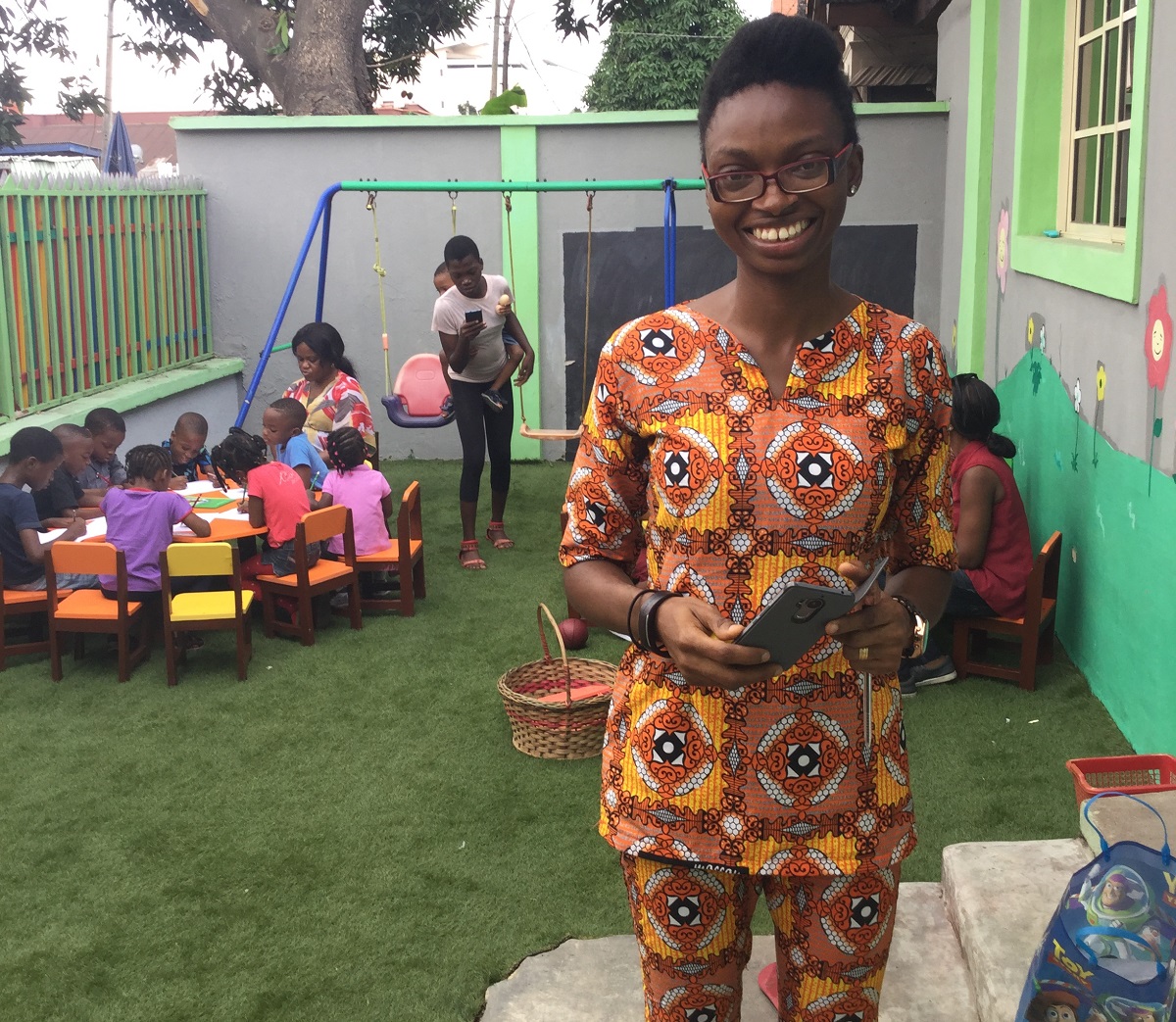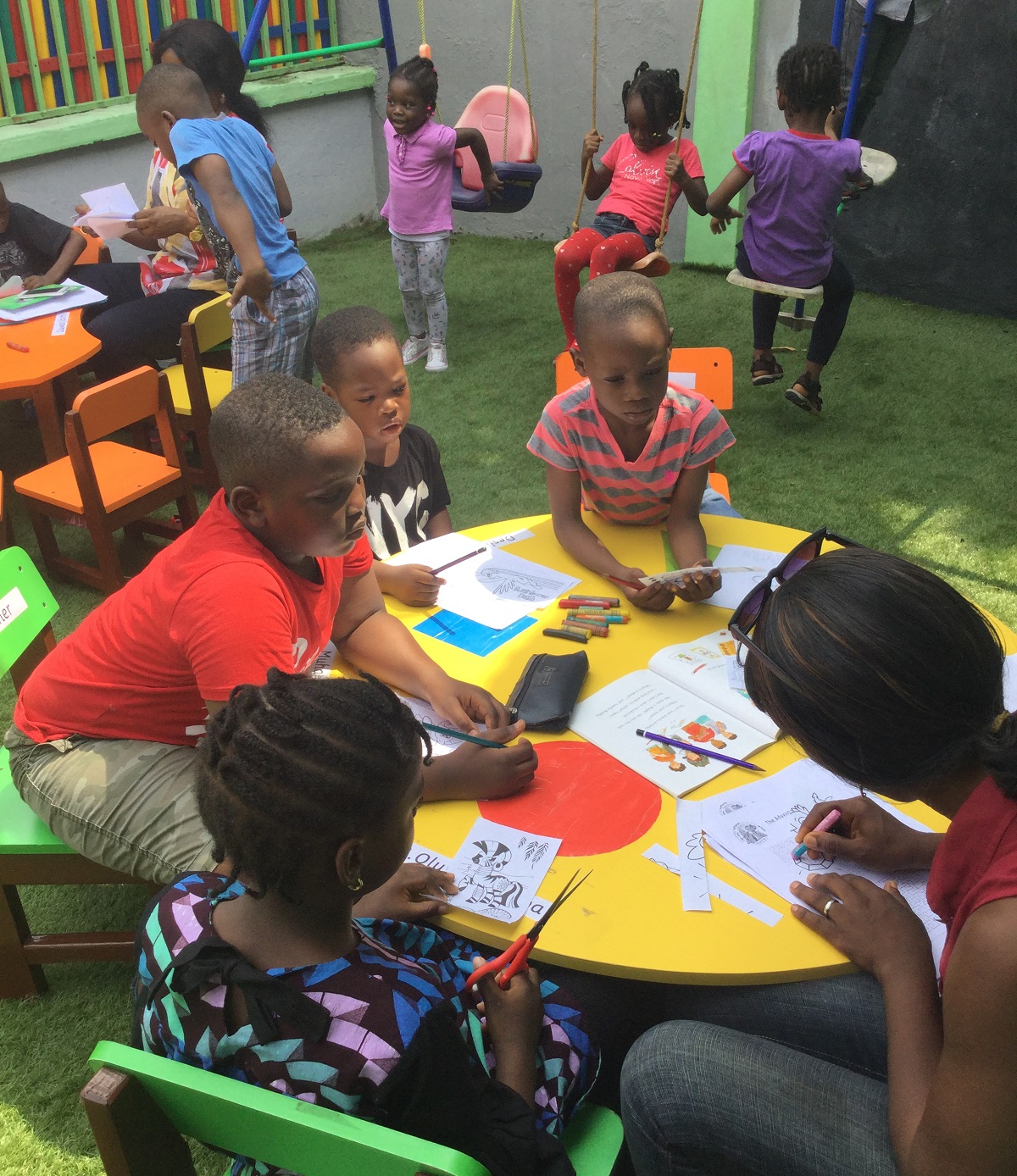Over 250 million children, worldwide, do not have the basic literacy skill. And in Nigeria, the statistics are as worrying, over four in 10 children in government primary schools cannot read and worse, over up to eight out 10 are unable to read for comprehension.
Literacy, according to UNESCO, “is a driver for sustainable development in that it enables greater participation in the labour market; improves child and family health and nutrition; reduces poverty and expands life opportunities.”
It is now seen as more than having the ability to read, write or count. According to UNESCO, literacy is “now understood as a means of identification, understanding, interpretation, creation, and communication in an increasingly digital, text-mediated, information-rich and fast-changing world.”
Advertisement
According to a research tilted reading readiness deficiency in children and authored by Francis Akubuilo, Eugene U. Okorie, Gloria Onwuka, and Annah Chinyeaka Uloh-Bethels; a lack of reading culture will disempower people.
They attribute “technological distractions” as one of the factors responsible for the lack of reading culture and say it is important that “children imbibe the reading culture so as to unlock the world, treasure of knowledge” and participate in the dynamic civilisation of the world.
Advertisement
“To develop a reading culture, parents and caregivers must consciously stimulate children in that direction, provide them books and importantly, let them read for fun,” says Farida Ladipo-Ajayi, founder of bookwormcafe.
She was engulfed by the love of books, wanted to share this passion with her children and other Nigerian kids, and then found a business that inspires a reading culture in children.
“When I became a mother, I wanted my children to read and so I started to research on how to get them reading. I found that reading to your child and modelling a good reading culture were key,” Ladipo-Ajayi says.

“I started reading to my son when he was small and he was hooked on stories.”
Advertisement
Her son had so many books that she decided to put them up for lease. Parents will rent the books for their children and even often buy the books.
But Ladipo-Ajayi said she found that while her business was not doing bad, when she would follow up, she would find that a lot of the books were not being read.
“Kids were not reading TV or games are easier alternatives to reading”, especially when parents or caregivers do not follow up,” she says.
Ladipo-Ajayi said other problems included that the children were not being stimulated or the right choice of books had not been made.
Advertisement
“Parents started seeking counsel on how to get their children reading.”
“A lot of parents are busy and they think they don’t have time to read to their children,” Ladipo-Ajayi said.
Advertisement
“I think that you can create time if you want.” She says young children like to be read to and children need to have reading models.
Advertisement
To fill a gap, she decided to start reading informally to kids and started activities with the kids that sucked them into reading.
Encouraging children to read
Advertisement
To encourage children to read, Ladipo-Ajayi started to make available activities for kids’ books. The activities would include questions on characters in the book, and questions making children to tell alternative plots.
She said to get children reading, let them read for fun without pressure.
“Let them read adventurous books, books that are fun.”
Farida says kids should be allowed to read the books they want and should also not be forced to read boring books that are perceived by parents to be intellectually stimulating.
She says kids will eventually read those without much prompting once they fall in love with reading.
Data credits: Code for Africa.
Add a comment






